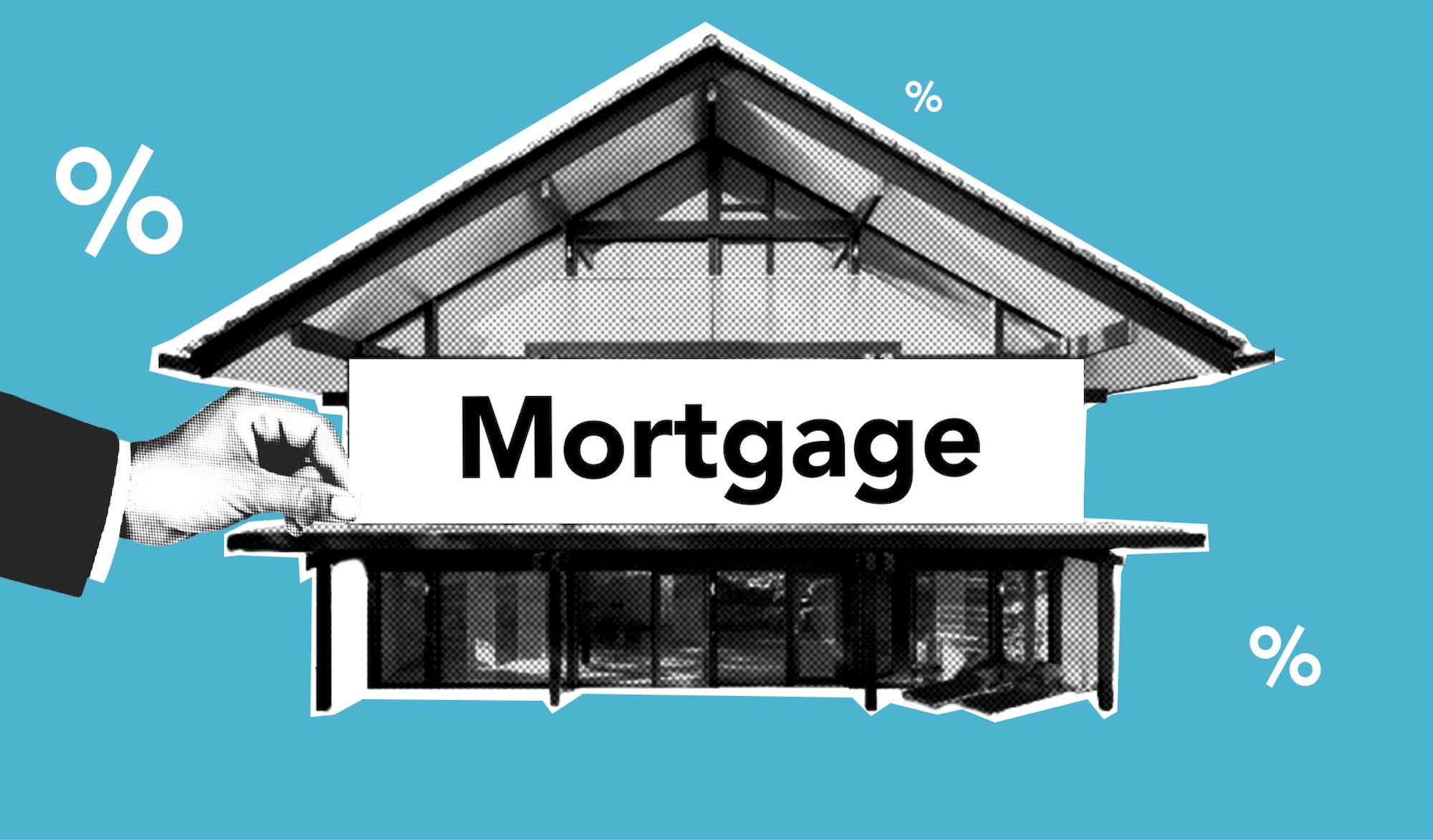The role of the stamp duty holiday in the rise in UK house prices across the last year has been “overstated”, according to research published by Resolution Foundation.
The think tank suggested that other factors have played an equal and “if not more important” role in the recent house price boom.
A new report from the Foundation showed that the average value of a UK home increased by 13.2% between June 2020 and June 2021 – with the think tank highlighting the common assertion that it was principally caused by the transaction tax holidays introduced across all UK nations in summer 2020. These included the ongoing stamp duty holiday in England and Northern Ireland, which is due to be phased out at the end of September, and the already-ended transaction tax holidays in Scotland and Wales.
However, the research suggested that higher savings, changes in housing preferences, and falls in mortgage rates would have likely led to significant price rises in the absence of a stamp duty holiday. The think tank’s report stated that if cuts to transaction taxes were driving the house price trends of the last 12 months, higher growth would have been expected in areas where the savings from the policy change were most significant.
In England, homes priced around £500,000 have seen the biggest transaction tax savings relative to price, while in Scotland and Wales those worth £250,000 were most affected – and this is where the sharpest stimulus was expected. In the last year, however, prices grew 13% in the fifth of local authorities where savings as a result of a transaction tax holiday were negligible or non-existent, compared to 7% in the fifth of local authorities where the highest savings were achieved.
Furthermore, Resolution Foundation also found that areas where the savings from the transaction tax holidays have been most significant have been no more likely to see an increase in transactions than those where the gains have been small – except immediately around deadlines for tax breaks to end.
Resolution Foundation researcher, Krishan Shah, commented: “UK house prices have boomed over the past year, and many have pointed the finger at the stamp duty holiday as the main cause. But the evidence doesn’t support this popular claim. It now seems that other factors, such as higher savings and changing housing preferences, may have been more or equally important.
“The problem with the stamp duty holiday isn’t that it caused a house price rise, but that a boom in transactions and prices would almost certainly have taken place without it. That begs big questions about value for money, especially when we consider that the policy in England and Northern Ireland alone looks set to cost an estimated £4.7bn in forgone tax revenues.
“We must also remember that, regardless of its drivers, the house price surge of the last year has increased wealth gaps in our country and left many aspirant first-time buyers even further away from realising their ambitions of owning a home.”
Latest News
-
Residential property transactions fall 24% month-on-month
-
Later life lending loans jump 5.1% in Q4 2025
-
Mortgage Awards 2026: Winners announced
-
FCA outlines proposals to close gaps in borrowers’ credit files
-
St. James’s Place closes 2025 with record FuM
-
Average LTV on UK mortgaged home drops to 59% – IMLA
Mortgage Advice Bureau and AI in the mortgage sector
Chief executive officer at Mortgage Advice Bureau, Peter Brodnicki, and founder and managing director at Heron Financial, Matt Coulson, joined content editor Dan McGrath to discuss how Mortgage Advice Bureau is using artificial intelligence to make advancements in the mortgage industry, the limitations of this technology and what 2026 will hold for the market
Perenna and the long-term fixed mortgage market

Content editor, Dan McGrath, spoke to head of product, proposition and distribution at Perenna, John Davison, to explore the long-term fixed mortgage market, the role that Perenna plays in this sector and the impact of the recent Autumn Budget
NEW BUILD IN FOCUS - NEW EPISODE OF THE MORTGAGE INSIDER PODCAST, OUT NOW

Figures from the National House-Building Council saw Q1 2025 register a 36% increase in new homes built across the UK compared with the same period last year, representing a striking development for the first-time buyer market. But with the higher cost of building, ongoing planning challenges and new and changing regulations, how sustainable is this growth? And what does it mean for brokers?
Does the North-South divide still exist in the UK housing market?

What do the most expensive parts of the country reveal about shifting demand? And why is the Manchester housing market now outperforming many southern counterparts?
In this episode of the Barclays Mortgage Insider Podcast, host Phil Spencer is joined by Lucian Cook, Head of Research at Savills, and Ross Jones, founder of Home Financial and Evolve Commercial Finance, to explore how regional trends are redefining the UK housing, mortgage and buy-to-let markets.
In this episode of the Barclays Mortgage Insider Podcast, host Phil Spencer is joined by Lucian Cook, Head of Research at Savills, and Ross Jones, founder of Home Financial and Evolve Commercial Finance, to explore how regional trends are redefining the UK housing, mortgage and buy-to-let markets.
© 2019 Perspective Publishing Privacy & Cookies











Recent Stories